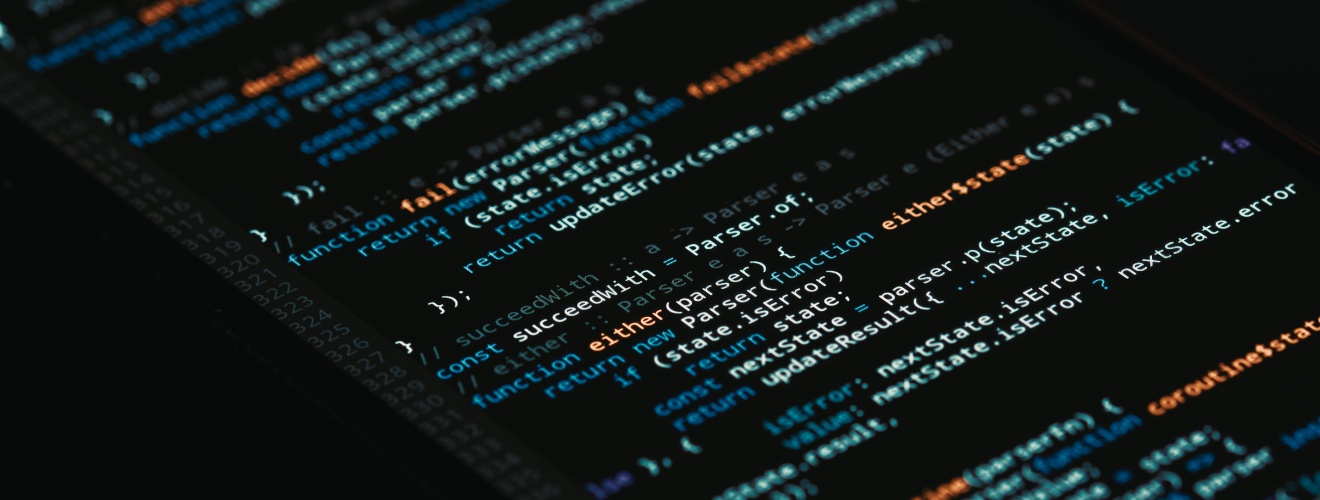The programming world largely favors Python due to its simplicity, readability, and vast system of libraries. They simplify the coding process, allowing beginners to grasp and develop digital tools. This article will delve into Python’s many use cases in cybersecurity, such as managing networks and malware analysis. The programming language offers powerful features and capabilities that protect and strengthen digital assets, as well as anticipating and adapting to future threats.
Why use Python?
Python enables developers to focus on complex problems, simplify coding, and improve overall program security. Automated scripts are the most common technique for incorporating Python cybersecurity technologies into projects. If you want to safeguard your existing software, you can use popular Python scripts for cybersecurity using the following techniques:
Building APIs
ApplicatiUse on programming interfaces (APIs) are a universal method of connecting two software components and exchanging data. Frameworks like Flask and Django enable Python scripts to connect to existing software.
Wrappers
Python users can install wrappers that cover up existing code, providing an additional layer of security. This also provides Python with an interface to interact with your software functions.
Interoperability Libraries
Python has several libraries that allow you to call functions or methods from existing software written in another language, such as C/C++, Java, and .NET. These libraries connect languages and frameworks, bringing scripts and software together.
Use Cases for Cybersecurity
Web Security Testing
Python lets people develop their own scripts to find security holes in websites. Web developers can exploit these vulnerabilities by leveraging libraries like Socket or Soapy, as well as automation tools like OpenVAS, to run repeated network vulnerability checks. Django includes built-in security against SQL injection, cross-site request forgery (CSRF), cross-site scripting, and a robust authentication system.
Malware Analysis
Python libraries can enable automated detection of potential malware, such as unusual file names or IP addresses, to mark them as attack vectors. However, the type of virus or malware that is checked is determined by the library being used. For example, the Pefile library helps analyze viruses in executable (.exe) files, whereas the Yara library detects and classifies malware based on file signatures.
Cryptography
Cryptography helps keep communication and data secure by making sure only allowed users can have access to information. To put it simply, it encrypts information. Using Python’s extensive cryptography libraries, you can build strong encryption systems that use a variety of cryptographic algorithms, such as hashing and two-factor authentication, to prevent unwanted access to sensitive information.
Python has reinforced its position as a useful tool in cybersecurity because of its readability, extensive library support, and integration possibilities. Python enables both beginners and experts to automate security processes that would otherwise require a significant amount of time and resources.
Tags:
CybersecurityNetwork SecuritySecurity TrendsAuthor - Abhinand Anil
Abhinand is an experienced writer who takes up new angles on the stories that matter, thanks to his expertise in Media Studies. He is an avid reader, movie buff and gamer who is fascinated about the latest and greatest in the tech world.
